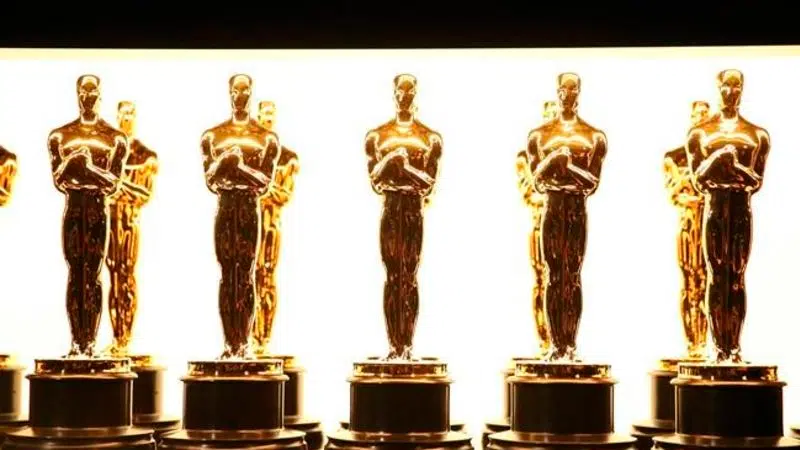
10 days before show time, a full-on revolt over the Oscars
Would anyone — anyone at all — like to thank the academy?
This is normally the time of year when Oscar hopefuls are readying acceptance speeches that almost always begin with a few words of gratitude for the Academy of Motion Pictures Arts and Sciences. But that sentiment has been hard to come by in the torturous and troubled lead-up to the 91st Academy Awards.
After a litany of public-relations disasters, backtracks and missteps, the latest dust-up surrounds the film academy’s plans to remove four categories from the live portion of Feb. 24’s broadcast, including cinematography and editing, arguably the two most foundational components of moviemaking. The academy, desperate to reverse sliding ratings, says a shortened show must go on.



